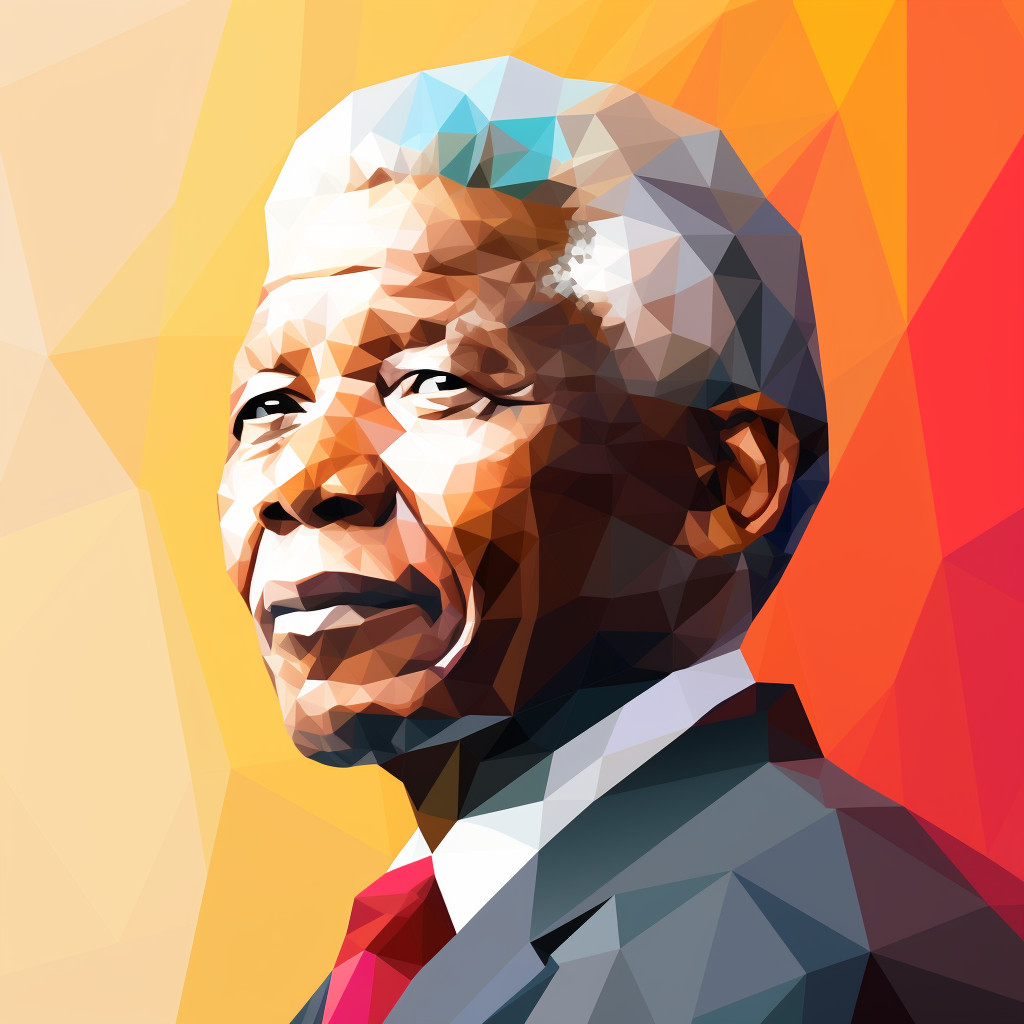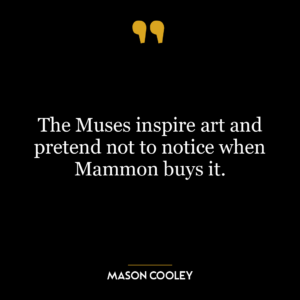This quote reflects the humility and self-awareness of acknowledging one’s limitations and vulnerabilities. It signifies the courage to admit that one cannot conquer everything alone, which is a stark contrast to the typical image of bravery where one is expected to be fearless and invincible. The speaker is not pretending to be invincible or superior, but rather embracing their humanity, their fears, and their limitations.
The phrase “I can’t pretend that I’m brave and that I can beat the whole world,” conveys a profound acceptance of self, and an understanding that true strength lies not in denying our fears, but in accepting them. It’s a call to authenticity, to be true to oneself, to not put on a facade of bravery or invincibility, but to acknowledge one’s fears and limitations.
In today’s world, this quote is particularly relevant as we grapple with unprecedented challenges and uncertainties. It encourages us to be honest about our struggles, to not feel pressured to always appear strong or unaffected by the trials we face. It reminds us that it’s okay to ask for help, to admit when we’re overwhelmed, to not have all the answers. This is particularly important in an era where social media often portrays a filtered, idealized version of life, adding to the pressure of maintaining a facade of perfection.
In terms of personal development, this quote can inspire us to cultivate authenticity and emotional intelligence. By acknowledging our fears and limitations, we can better understand ourselves, foster resilience, and develop strategies to cope with challenges. It encourages us to embrace vulnerability as a strength, not a weakness. We can also learn to extend this understanding to others, fostering empathy and compassion in our interactions. This can lead to more meaningful relationships, better mental health, and overall personal growth.











